LAURA MCCULLOUGH
Natasha Tretheway and inbetween-ness2/24/2015 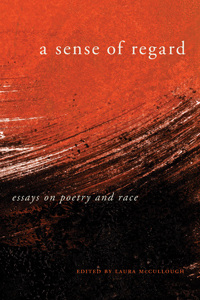 Natasha Trethewey’s poetry of family and historic violence and personal racial hybridity is the subject of Timothy Leyrson’s “Writing Between Worlds”. Trethewey’s views of her bi-racial identity, and race relations overall, are beneficial for a number of reasons. By embracing these concepts she is able to create deeper meaning in her own expression, for her readers who are bi-racial she develops a common bond, and readers of a singular racial background are forced to examine the world beyond their own perception. But perhaps the highest level of understanding is that her views may be acting as a method of transformation. The idea of being united in one’s own mind, as well as to others, it is explained by Trethewey herself in a lecture she delivered in Emory University’s Distinguished Faculty Lecture series on February 3, 2010. Trethewey stated: I believe, after all, that poetry is the best repository for our most humane, ethical, and just expressions of feeling. This is because poetry ennobles the human soul, that it opens—not closes—our hearts. Poetry matters... For the full essay and all of the others, get the anthology here.
0 Comments
Lip Service to the Master?2/23/2015 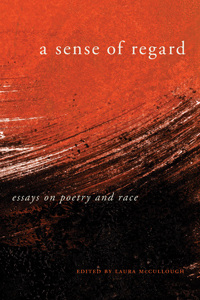 Hadara Bar-Nadav closely examines “The Radical Nature of Helene Johnson’s This Waiting for Love and asks us to consider the women poets of the Harlem Renaissance: Critics tend to focus on Johnson’s more obvious breaks from conventions in which she uses urban vernacular language; however, it is in her pastoral poems that she is most radical, articulating a bold aesthetic vision while paying poetic lip-service to the master. In Johnson’s pastoral poetry, she constructs a revisionist model of poetics that envisions creative support among women; alternatives to the power dynamics of the traditional artist-muse relationship; alliances between women and nature, and women and poetry; and nature as a key subject through which subversive messages can be coded and accessed by others. Among Johnson’s contributions to literature of the Harlem Renaissance is her use of nature as a means to revise conventional models of creativity. The poem “Magula” begins: “Oh Magula, come! Take my hand and I’ll read you poetry, / Chromatic words, / Seraphic symphonies...” (Johnson 2000, 34). This invitation from the speaker to Magula suggests that the creative interaction between these two women will result in a heavenly, musical language. FOR THE FULL ESSAY AND ALL THE OTHERS, GET THE ANTHOLOGY HERE: 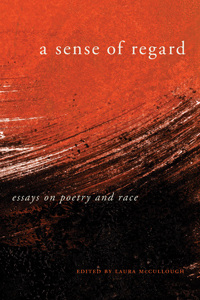 The weighing of competing or complimentary identity lenses is explored in Timothy Liu’s “Looking for Parnassus in America”, and he quarrels with himself in exploring why one might be privileged in his work over another. In America, as an Asian American, I am among other things a model minority, an eternal outsider. The absence of any ESL or fresh-off-the-boat accent (which both of my parents had) might tip someone off that I was born here, but then again, I’ve gotten used to being asked the question, Where are you from?, and when I say the Bay Area or California or South San Jose or Almaden Valley (depending on my many moods), I often wait for the other shoe to drop: But where are you really from? So I repeat myself while adding: And you, where are you really from? Nine times out of ten, I get the Oh! I didn’t mean anything by that, to which I respond, No worries, neither did I. In Hong Kong, when I lived there as a Mormon missionary, my Cantonese was so atrocious that the natives thought that I was either 1) retarded; 2) Japanese (and very ambitious in trying to learn how to speak Cantonese!); 3) Korean (on account of my moon-like face); 4) or Hawaiian (because I butchered Cantonese like an American). FOR THE FULL ESSAY AND ALL THE OTHERS, GET THE ANTHOLOGY HERE: 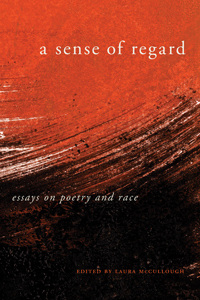 Roxanne Naseem Rashedi teases out transgression and empowerment in the poetry of Clifton and Lorde in “Deconstructing the Erotic and Raced Body”. In “Poetry Is Not a Luxury,” Lorde (2007) argues that the feminine erotic is accessible through poetry. Poetry accesses a place that is “dark…ancient and deep” (37). In “The Laugh of the Medusa,” Hélène Cixous (1976) argues that feminine writing “will always surpass the discourse that regulates the phallocentric system.” Lorde describes these “phallocentric systems” as structures of self-abnegation that suppress the feminine voice (2007, 39). Both women believe that writing reclaims that “deep” voice. Lorde’s (2003) “Coal” taps into Cixous’s écriture feminine. “I am Black because I come from the earth's inside / now take my word for jewel in the open light.” FOR THE FULL ESSAY AND ALL THE OTHERS, GET THE ANTHOLOGY HERE: 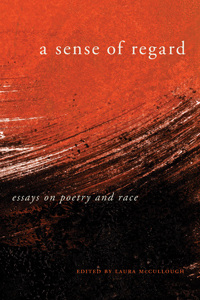 In the next essay in the anthology, Lucy Biederman explores recent dialogue and debate in Jewish American literature and champions a movement. “New Female Poets Writing Jewishly” ...when criticism of Jewish American poetry is impelled toward questions, definitions, and the work of establishing legitimacy or explanation for why Jewish American poetry can or should be studied, perhaps this stands in the way of reading Jewish American poetry as such. Alicia Ostriker has noted that the term “Jewish Literature” tends to exclude Jewish poetry (2009, 148). However, reading new female poets like Arielle Greenberg and Sabrina Orah Mark in a Jewish American context can potentially allow for deeper, broader, or clearer readings. 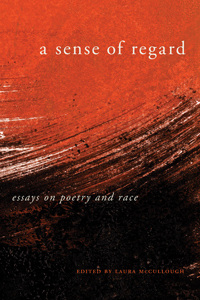 An indepth look at gender and race, Leigh Johnson in “Unsexing Rudolfo “Corky” Gonzales’s I am Joaquin: gender and race archetypes” unpacks the feminist Chicano imagination. Rudolfo “Corky” Gonzales’s I am Joaquín (written with small distribution in 1967, published by Bantam Books in 1972) is one of the most widely recognized cornerstones of the Chicano literary canon. Undeniably the poem is manifesto, epic, and heralded literary production all in one. However, because I am Joaquín purports to speak for the Chicano Movement, yet largely leaves out women’s contributions, the poem has provided a basis for many responses—poetic, scholarly, and artistically—almost since its initial publication. While the issues of sexism and Chicano Movement discourse are not new, the discussion of Chicana poetic responses to I am Joaquín adds consideration of new poems and addresses how these poems use archetypes and naming in ways that other discussions of responses to I am Joaquín have not considered as thoroughly. Chicana poets have resisted archetypal representations of women, and contemporary poets have also responded to the residual anti-feminism of the Chicano Movement. In a representative revisioning of I am Joaquín, several poets, Carmen Tafolla, Sylvia Alicia Gonzales, Lorna Dee Cervantes, and Sandra Cisneros, have explicitly addressed the misogyny they see in I am Joaquín. The poets use the cultural locator I am Joaquín to position women’s voices and experiences into the Chicano/a collective identity. The Unsayable & the Subversive2/12/2015 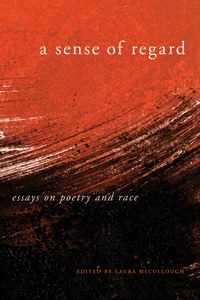 Matthew Lippman’s “Shut Up and Be Black” is the first essay in section two of the anthology and opens with questions across race and teaching, and the ways we affect each other through poetry. 1. How the hell am I supposed to teach Black Literature to high school students? I’m a white dude. Secular Jew from New York City, circa 1965. What do I know about Etheridge Knight, Patricia Smith, Ralph Ellison? Couple of poets. All poets, really. I know this: I love their language. That’s the collision. Language love slamming up against experience. I barely know what it means to be a White, dude Jew from New York City, circa 1965, so how can I go into a classroom, tack up Knight’s “The Idea of Ancestry” or Patricia Smith’s “Skinhead” and even sound like I know what I’m talking about? I can’t. That’s my problem. I gotta try, right? I guess so. 2. I brought Ralph Ellison’s Invisible Man into the curriculum, 11th grade English, at a small independent school outside of Boston proper, in 2011. What I know: I am not Black. What I know: Invisible Man has been my favorite novel since I first read it in college. Also, I know this: I am a Jew. The space between myself and the Black Man is huge. 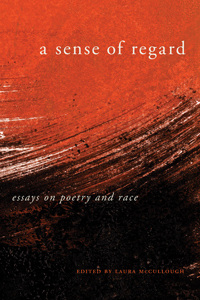 This first section of the anthology closes with the ways gender, race, and poetry sidle next to each other in Camille T. Dungy’s introspective essay. I’m included here, a woman with a guest pass to this all men’s club, because I can be trusted, because everyone who knows even a little about me knows there is at least one black man I believe can do no wrong. And isn’t that one of the things we have to think about when we think about constructions of black American masculinity? Mustn't we think about the fact that, facing the culturally-imbedded quagmires that black men in America must daily face, each one must need at least one person who believes he can do no (or at the most very little) wrong? Claudia Rankine Masked/Unmasked: Cooper2/10/2015 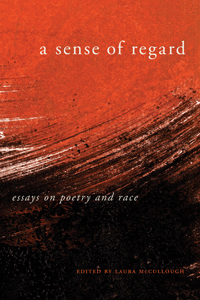 In “Refusal of the Mask in Claudia Rankine’s Post-9/11 Poetics”, Joanna Penn Cooper “unmasks” stylistic and racial confluences in the Jamaican-American poet. In Don’t Let Me Be Lonely: An American Lyric (2004), Jamaican-American poet Claudia Rankine explores post-9/11 American existence through innovations in hybrid form, stylistically performing themes of disconnection, searching, and grieving. The text comprises, as the back cover indicates, something between prose poems and lyric essay, as well as photographs depicting images from mass media, many by her husband and collaborator John Lucas. Additionally, the text includes twenty-one pages of endnotes, forming a parallel text whose more “straightforward” knowing pulls against the main text’s journey into grieving alienation. Ultimately, the poems, images, and endnotes resonate, providing an innovative engagement with lived experience’s mediation through film, television, journalism, the messages of government, and those of the medical and pharmaceutical industries. Despite the book’s subtitle (“An American Lyric”), Don’t Let Me Be Lonely resists lyrical gestures toward “wholeness” and “unity” that erase real trauma. Claiming neither the easy affirmations of some lyric poetry, nor the subversive mask of much twentieth- and twenty-first century ethnic American literature, Rankine instead offers fragmentary counter-gestures that resist closure, suggesting the power of genre experimentation to challenge received knowledge. Rankine’s non-masked but politically and existentially searching speaker reawakens her reader to how artistic innovation helps resist the numbing discourses playing across contemporary Americans’ minds and bodies. 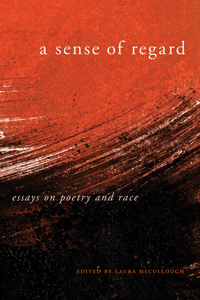 In Jason Schneiderman's essay, “Inaugural Poems and American Hope”, a number of ceremonial poems, meaning poems written for/and or performed at American presidential inaugurations, and the implication about race are explored. I. Humiliation, 2009 When President Obama announced Elizabeth Alexander as his inaugural poet, I was thrilled. I loved American Sublime, and her publisher Graywolf is my dream press. I liked her personal connection to Obama. I saw in her the hope that somewhere at the colleges I have worked, I might rub shoulders with someone who would turn out to be president. I identify with Alexander. Yes, this is an aspirational identification. She has tenure at an Ivy League school, a loyal and well-regarded press, and a significant readership—all things I do not see on the horizon for myself. But in the penumbra of the Obama flame, wasn’t hope itself a form of aspirational identification? When the day arrived, I eagerly sat in front of the TV. I couldn’t wait to see what Michelle Obama was wearing. I loved he... Archives
October 2023
Categories
All
|
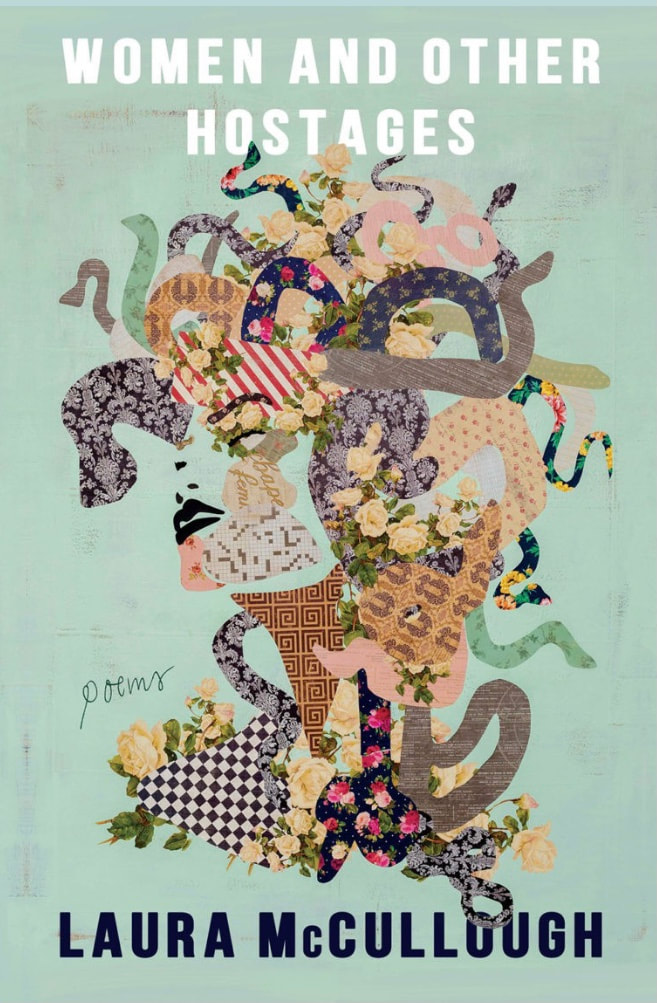
 RSS Feed
RSS Feed
